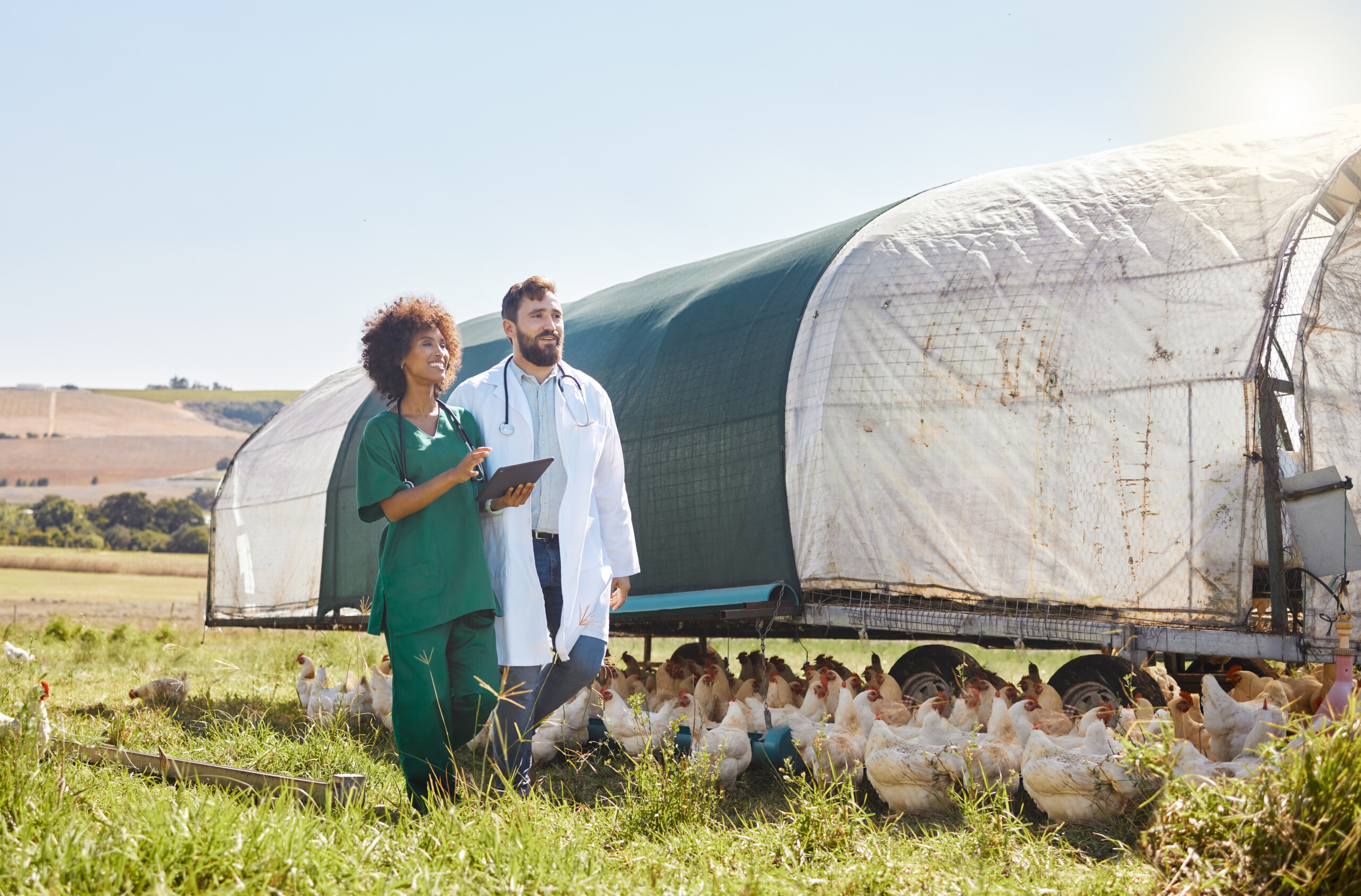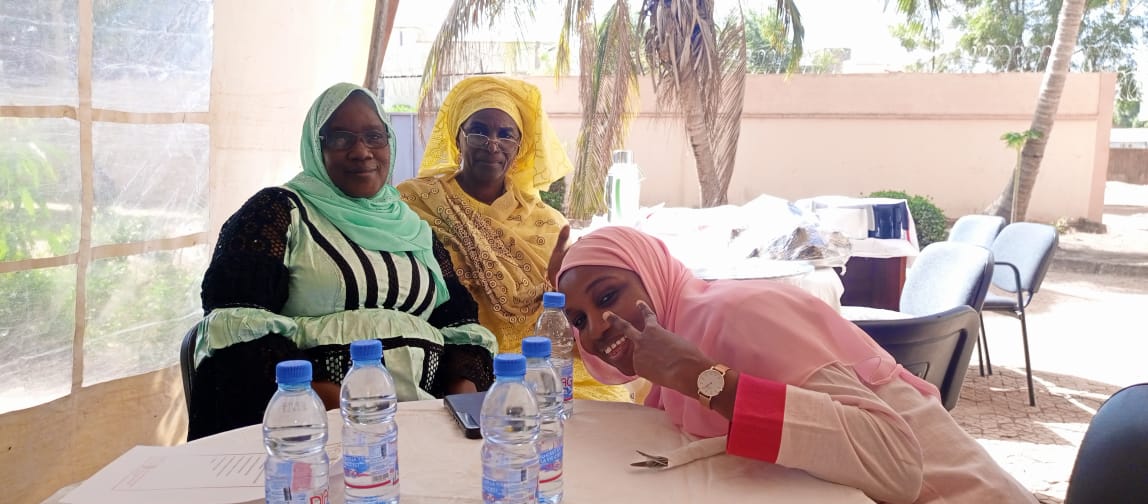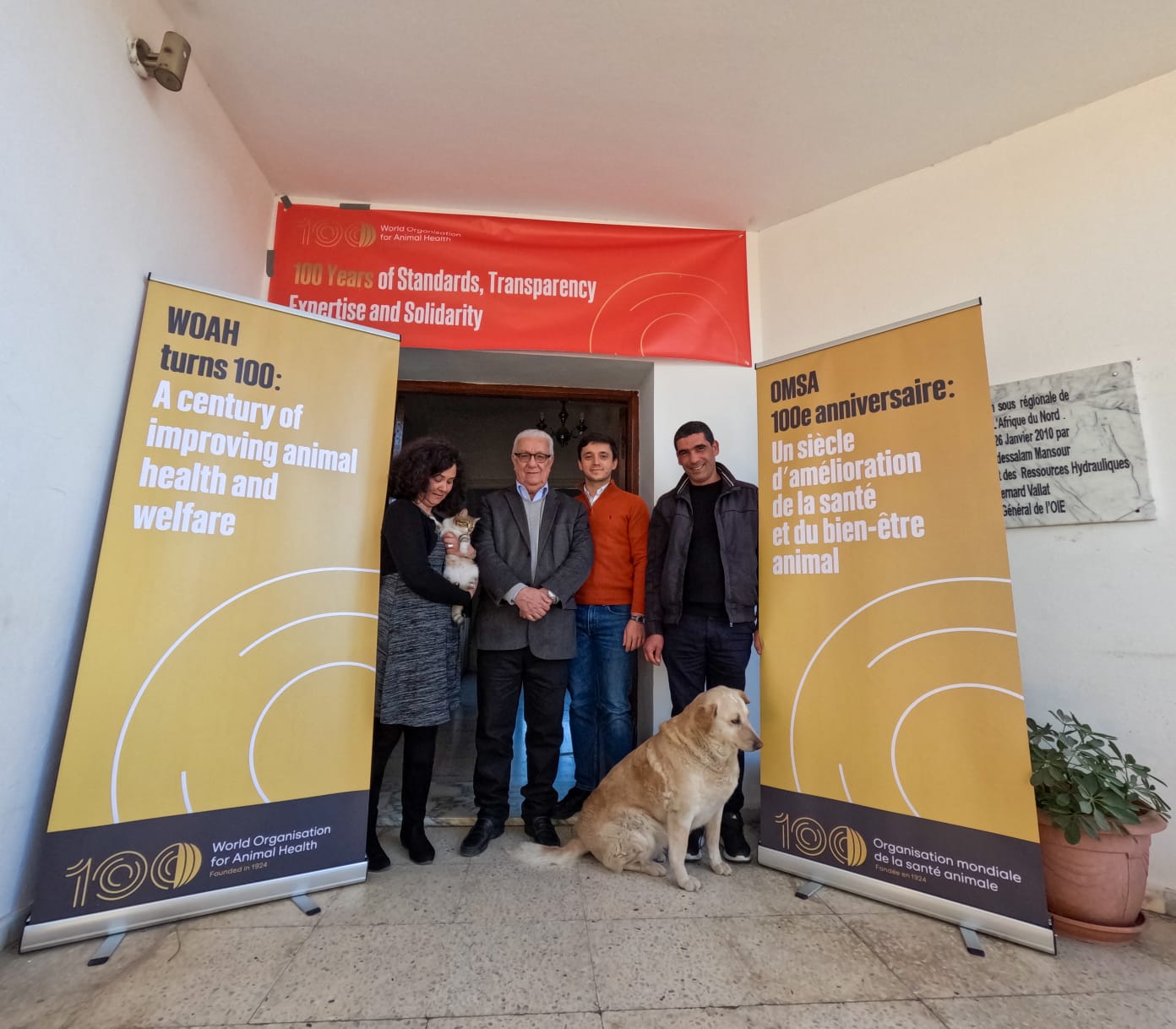



Last week, the World Organisation for Animal Health (WOAH) marked its 100th anniversary, commemorating its rich history, evolution, and vision for the future of animal health and welfare across the world. WOAH was established in 1924 when 28 nations banded together to tackle Rinderpest, one of the deadliest animal illnesses at the time. This effort, which addressed the issues created by increased worldwide traffic in animals and their products, laid the groundwork for WOAH’s leadership in international animal health and welfare.
Rinderpest was proclaimed globally eradicated for the first time in 2011, 87 years since the inception of WOAH. Today, the 28 signatory countries to the 1924 International Agreement have grown to 183 including 54 members from the continent of Africa.
The impact of this remarkable achievement was the eradication of the Rinderpest disease and the improvement and advancement in the levels of disease control in the region and the world at large.
Regional Representations of WOAH are established by Article 33 of the General Rules, under the responsibility of Regional Representations (RR) and Sub-Regional Representations (SRRs), to provide member countries with services that are better adapted and in closer proximity to the region, and with a view to the strengthening of animal disease surveillance and control within the region. The Regional Representation for Africa, based in Bamako, Mali is part of the five regional representations (Americas, Asia and the Pacific, Europe, and the Middle East) established by WOAH.
Dr Karim Tounkara has been the Regional Representative for Africa since 2016.
The first ever Sub-Regional Representation (SRR) to be established in WOAH was the SRR for Southern Africa, which was established in 2005 in Gaborone, Botswana. The office became operational on January 1st, 2006, when the Sub-Regional Representative was appointed and covers the 16 SADC member countries.
In North Africa, the Sub-Regional Representation for North Africa was established in 2009, and hosted in Tunis, Tunisia. The office covers five member countries in collaboration with the regional office in Bamako, Mali, and the Arab Maghreb Union (UMA in French) which has its headquarters in Rabat, Morocco.
Finally, in Eastern Africa, the Sub-Regional Representation for Eastern Africa was established in 2009 in Nairobi, Kenya. In 2010, the office was operationalised. Like the other SRRs, the Nairobi office works in close collaboration with the other offices in Bamako, Mali, Tunis, Tunisia, and Gaborone, Botswana. And supports 13 countries in the region.
In Africa, like other regions, WOAH has made tremendous progress in advancing animal health and welfare standards, facilitating the safe trade of animals and their products, and contributing to global health goals. Further, the collaboration and partnerships with actors such as Veterinary Services in the countries and partner organisations such as members of the Quadripartite organisations FAO, WHO, and UNEP, together with the African Union counterparts, has strengthened the footprint of WOAH’s work in the region.
In the Southern Africa sub-region for instance, a largely arid region, where livestock farming is more prevalent than crop farming, member countries have adapted and embraced WOAH international standards to improve animal production. Furthermore, 8 out of 16 countries have been declared free zones for one or more Transboundary Animal Diseases (TADs), while others have endorsed official control programmes.
During the 90th General Session of WOAH, Zambia received the endorsement of the official control programme against dog-mediated rabies in Zambia. Signifying major progress in the fight against rabies and goal of ZeroBy30 goal for the region.
Another highlight points out the strengthening of national and regional early detection systems for zoonotic wildlife diseases, through the EBO SURSY project. The project has seen at least 5 countries in West Africa benefit from WOAH’s training on the development of integrated surveillance plans for viral hemorrhagic fevers.
Together with our partners from the Quadripartite (Food and Agriculture Organization of the United Nations – FAO, World Health Organization –WHO and the UN Environment Programme – UNEP), WOAH launched the One Health Joint Plan of Action (OH JPA), acknowledging the growing need to mitigate the impact of zoonoses, and other threats on human and animal health, as well as livelihoods. This joint effort also acknowledges the need for increased investments to strengthen health systems and a whole-of-society approach to prevent future pandemics.
In recent years, our region also fostered activities geared towards strengthening national health systems through the organisation of National Bridging Workshops (NBWs) in over 20 Members from Africa, as of December 2022. These initiatives are aimed at increasing collaborations between human, animal, and environmental health sectors. National participants jointly develop road maps to improve intersectoral collaboration in their country, thus strengthening the capacity to address major health security risks, many of which are zoonotic.
In another milestone, WOAH together with partners supported initiatives to strengthen the capacity of 15 Members in West Africa to undertake joint risk assessment of zoonotic diseases and other One Health threats.
South Sudan was also supported to establish a national multisectoral coordination mechanism for One Health.
Further, WOAH, in collaboration with its Quadripartite partners, mobilised resources to support the implementation of high-impact activities in the roadmaps developed by countries.
Bamako, Mali
In the Bamako office, Dr Karim Tounkara, the regional representative for Africa led the team of staff, former staff, and WOAH partners teams including Regional Animal Health Centre (RAHC) staff, and FAO-ECTAD West Africa staff in a centenary luncheon; in attendance were the first and third former representatives of WOAH, Dr Amadou Samba Sidibe and Dr Yacouba Samake, together with Dr Boubacar Kanoute – WOAH Delegate for Mali.
#TeamNairobi commemorating the centenary at the Wildlife Sheldrick Trust - An animal orphanage rescue center for baby elephants and rhinos.
The Nairobi team took it outside! Dr Samuel Wakhusama hosted a team breakfast that kicked off the day, where all staff members enjoyed a hearty breakfast before proceeding to spend time at the Elephant Orphanage Sanctuary of the Sheldrick Wildlife Trust (SWT). As one of Africa’s oldest wildlife charities and a leading conservation organisation, SWT embraces all measures that complement the conservation, preservation, and protection of wildlife. All the orphans are at the Nairobi Nursery for the first three years and then they are translocated to one of the Reintegration Units in Tsavo National Park where they start to be reintroduced into the wild. This is a course of action that is well-aligned with the WOAH mandate and agenda.
Tunis, Tunisia (Tunis, Tunisie)
Up north in Africa, in Tunisia, Dr Rachid Bouguedour led his team including the furry colleagues in a team lunch to commemorate the anniversary. They also exchanged souvenirs to commemorate the milestones made.




